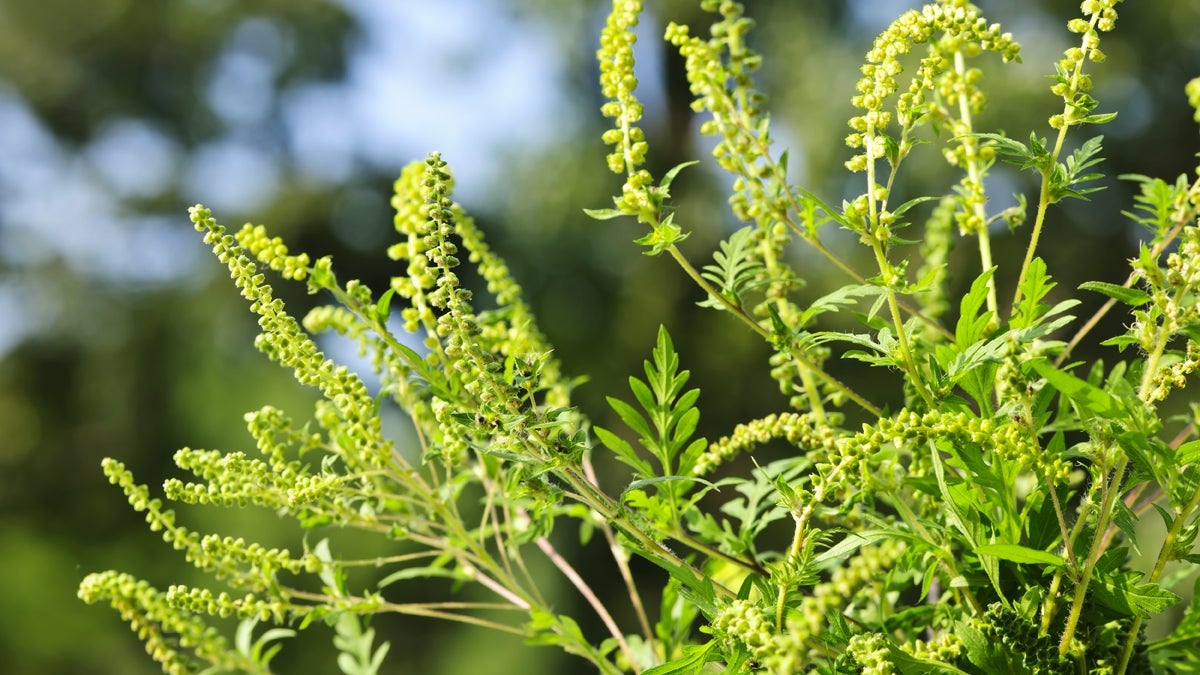Delayed ragweed season is something to sneeze at
 Photo via ShutterStock) " title="shutterstock_116210704" width="1" height="1"/>
Photo via ShutterStock) " title="shutterstock_116210704" width="1" height="1"/>
(Photo via ShutterStock)
A few weeks overdue in making its presence known, ragweed soon will be causing problems for anyone with allergies.
Dr. Catherine Monteleone, an allergist at Robert Wood Johnson Medical School in New Jersey, said the ragweed season usually begins in mid-August, but the dry weather has delayed the release of pollen from those plants.
“We’re already seeing moderate levels, and that will probably go higher. It could get rather severe,” she said. “If we get enough rain and it stays warmer longer than expected, people could really be suffering.”
To avoid ragweed problems, Monteleone recommends keeping your windows closed and staying inside in the morning when pollen levels are highest.
Plenty of over-the-counter medications can help ragweed allergy sufferers, she said.
“If those don’t work, see your doctor because there are also prescription medications that target specific symptoms. Some work better for itchy, runny symptoms. Some work better for congestion. We have also some for itchy eyes and watery eyes.
“So don’t give up if the first thing you try doesn’t work,” she said. “You might not be targeting the right symptom.”
The ragweed season will continue until the first frost.
WHYY is your source for fact-based, in-depth journalism and information. As a nonprofit organization, we rely on financial support from readers like you. Please give today.




